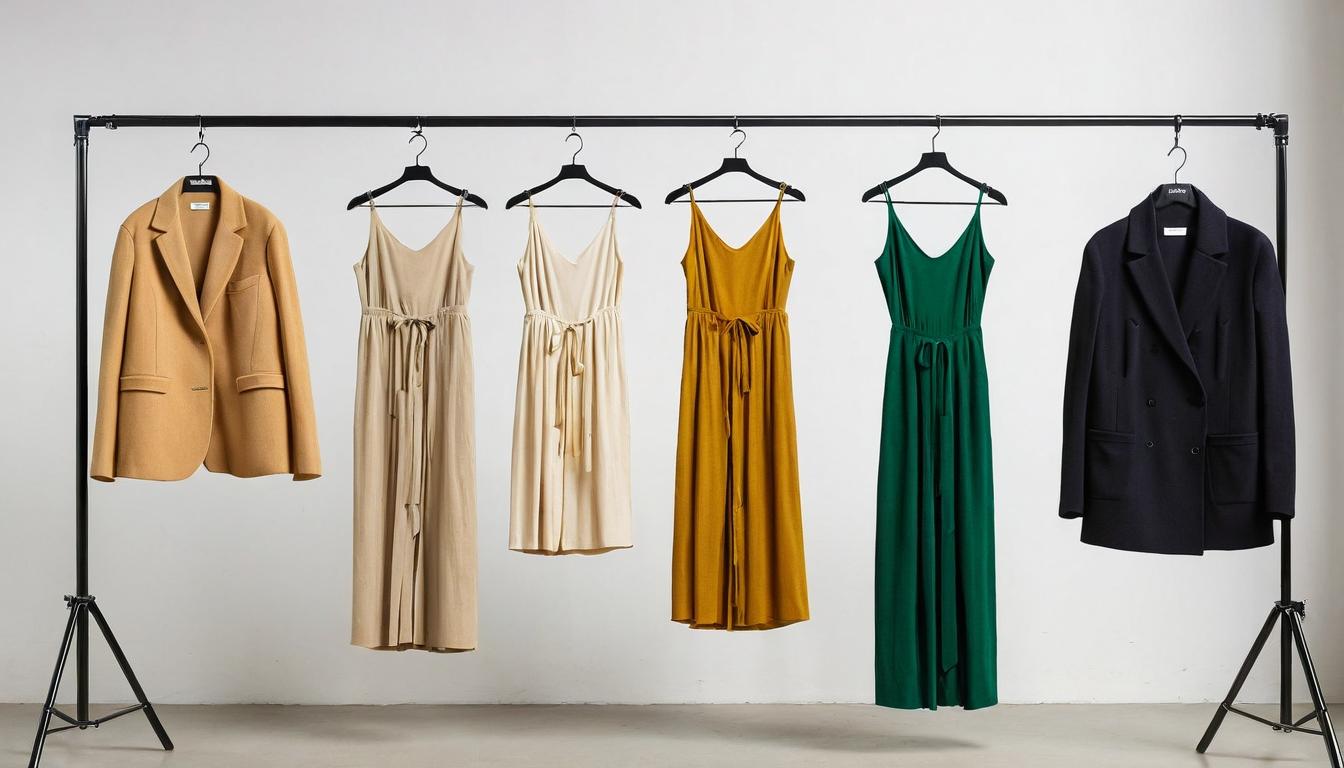In the back alleys of Milan's fashion district, where the scent of espresso mingles with the faint odor of dye, something remarkable is unfolding. While luxury brands parade their sustainability initiatives on global runways, the real transformation is happening far from the spotlight, in small ateliers and family-owned workshops that have been operating for generations. These artisans aren't just following trends—they're rewriting the rules of what it means to create clothing that honors both craft and conscience.
What makes this movement particularly compelling isn't the high-profile endorsements or celebrity backing, but rather the quiet persistence of makers who view sustainability not as a marketing strategy but as a fundamental principle. I spent three months tracing the supply chains of these workshops, from the organic cotton farms in Puglia to the natural dye specialists in the Tuscan countryside. The story that emerged reveals a fashion ecosystem that operates with remarkable transparency and integrity, challenging the notion that ethical production must come at the expense of beauty or quality.
The materials themselves tell part of the story. In a small studio overlooking the Arno River, I watched as artisans transformed discarded fishing nets into elegant evening wear, using techniques passed down through four generations. The resulting fabric has the drape of silk but carries none of the environmental guilt. Nearby, another workshop specializes in regenerating vintage fabrics, giving new life to textiles that would otherwise end up in landfills. Their approach combines traditional Italian tailoring with cutting-edge recycling technology, creating pieces that feel both timeless and thoroughly contemporary.
What's most striking about these operations is their scale—or lack thereof. Unlike the mass production models that dominate fast fashion, these workshops produce in limited quantities, focusing on perfection rather than volume. Each garment receives individual attention, with artisans spending hours on details that would be overlooked in factory production. The result is clothing that not only looks beautiful but is built to last, challenging the disposable mentality that has come to define modern fashion.
The financial model behind these operations is equally fascinating. Many operate as cooperatives, sharing resources and expertise while maintaining their individual creative identities. This collaborative approach allows them to compete with larger brands while preserving the unique character of their work. During my investigation, I discovered networks of these workshops across Europe, connected not by corporate ownership but by shared values and mutual support.
Consumer behavior is shifting to meet this new paradigm. The rise of the 'considered purchase' reflects a growing awareness that what we wear carries consequences beyond our personal style. I interviewed dozens of shoppers who have moved away from impulse buying toward building curated wardrobes of high-quality, ethically produced pieces. Their stories reveal a deeper connection to clothing, viewing each purchase as an investment in both personal style and planetary health.
The challenges facing these sustainable workshops are significant. Access to capital remains difficult, as traditional lenders often misunderstand their business models. Scaling production without compromising values requires constant innovation and discipline. And competing with fast fashion's aggressive pricing means educating consumers about the true cost of cheap clothing—not just in dollars, but in environmental impact and human dignity.
Yet the momentum is undeniable. As I concluded my investigation, I found evidence of this movement spreading beyond Italy's borders. Similar networks are emerging in Paris, London, and even in unexpected places like Lisbon and Warsaw. The common thread isn't geographic but philosophical: a belief that fashion should elevate both the wearer and the maker, that beauty and ethics need not be mutually exclusive.
The most compelling aspect of this story may be what it reveals about the future of luxury itself. As consumers become more discerning and values-driven, the definition of what constitutes 'premium' is evolving. No longer is it solely about price tags or brand recognition—increasingly, true luxury means knowing the story behind your clothing, understanding its journey from raw material to finished garment, and wearing it with the confidence that comes from making conscious choices.
This isn't just another fashion trend destined to fade with the seasons. What I witnessed in those Italian workshops feels more fundamental, more durable. It's a recalibration of values, a return to craftsmanship, and perhaps most importantly, a recognition that the most beautiful clothing is that which leaves the lightest footprint.
The quiet revolution of sustainable fashion is happening in unexpected places

